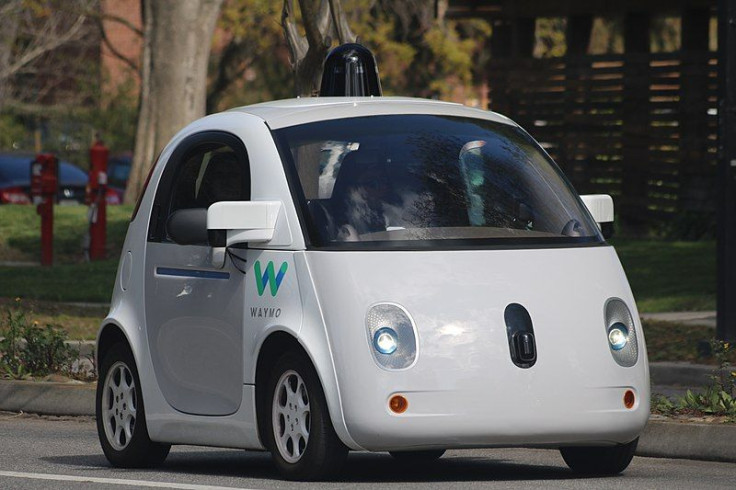Waymo's Latest Partnership Shows Self-Driving's Potential In Deliveries

Waymo, Alphabet's (NASDAQ:GOOG) self-driving car company, announced this week that it's expanding its partnership with AutoNation (NYSE:AN), an automotive retail company, to include auto parts deliveries. Waymo said that its autonomous vehicles will be used to help shuttle car parts between several AutoNation locations and other repair shops in the Phoenix, Arizona area. The announcement adds to Waymo's existing partnership with AutoNation, in which some of the self-driving car company's vehicles are used to provide rides to AutoNation customers.
While the expanded partnership may not seem like a big deal at first blush, it's important for investors to know that the move is yet another step for Waymo toward the self-driving business-to-business (B2B) delivery market.
The delivery potential
While Waymo has received a lot of attention for the company's robotaxis (which currently run in a limited capacity in the Phoenix area), the company has always been clear that the same technology that drives its people-moving vans can be used for delivery of goods as well.
Why focus on self-driving vans for package deliveries and autonomous freight trucks? Because the market for B2B deliveries could eventually be as high as $1 trillion, according to Bloomberg.
Autonomous vehicle deliveries are being seen as the answer to the growing truck driver shortage in America. Sixty-five percent of the consumable goods in the U.S. are moved via trucks, and the American Trucking Association says that the shortage of long-haul drivers has reached 60,000.
Not only could autonomous vehicles help fill that need, but they'll also help companies make short-distance deliveries, often refereed to as "last-mile" deliveries, as well. For example, Walmart has been testing out self-driving vehicles to help speed up its deliveries and save on delivery costs. Why does one of the biggest retailers -- and a titan of logistics -- need self-driving vehicles? Because e-commerce only accounts for 11% of all retail sales in the U.S. right now, but will reach nearly 14% by 2021. As e-commerce grows, companies need to find ways to reduce costs and improve shipping efficiency.
Waymo's opportunity
With e-commerce still growing quickly, companies of all sizes are trying to find better ways to deliver their merchandise to third-party businesses and customers. And that's what makes Waymo's expanded AutoNation partnership so important. If the company can prove that its autonomous driving vehicles can quickly and reliably perform deliveries over and over again for AutoNation, then other retailers may soon look to the company for their delivery needs.
As Waymo CEO Peter Krafcik said earlier this week, "Trucking is a really interesting application of the Waymo driver and we want to bring that to market as quickly as possible."
The expanded partnership with AutoNation may seem like small potatoes right now, but investors should be clear-eyed about Waymo's bigger plans. There is a growing need for automated package deliveries, and Waymo is testing its technology out now so that it can tap into this massive market in the coming years.
This article originally appeared in the Motley Fool.
Suzanne Frey, an executive at Alphabet, is a member of The Motley Fool’s board of directors. Chris Neiger has no position in any of the stocks mentioned. The Motley Fool owns shares of and recommends Alphabet (A shares) and Alphabet (C shares). The Motley Fool has a disclosure policy.




















